Key Facts
- Biotechnology companies rely on living organisms to manufacture medicines.
- Novartis based in Basel, Switzerland employs over 110,000 individuals worldwide and has a market capitalization of USD 167.37 billion.
- AstraZeneca with a market capitalization of USD 172.47 billion focuses on providing treatments for anemia and autoimmune diseases. It also operates on a global scale and is listed on the FTSE 100.
Biotechnology has become a hugely important part of the healthcare sector in most countries around the world, and it’s only set to become more crucial in the coming years. That’s because science provides solutions to more common illnesses and diseases. It enables companies to create innovative new solutions using biological organisms, such as antibiotics, vaccines, and medical instruments like stents that can treat ailments without surgery.
Biotechnology is a booming industry, with many companies and products contributing to modern medicine. The largest biotechnology companies in the world lead the way in pharmaceuticals and medical research, turning cutting-edge scientific discoveries into breakthrough treatments and products that improve the lives of millions of people all over the world. Here are some of the biggest biotech companies in the world (ranked by market value) and what they do.
#10. Novartis – USD 167.37 billion
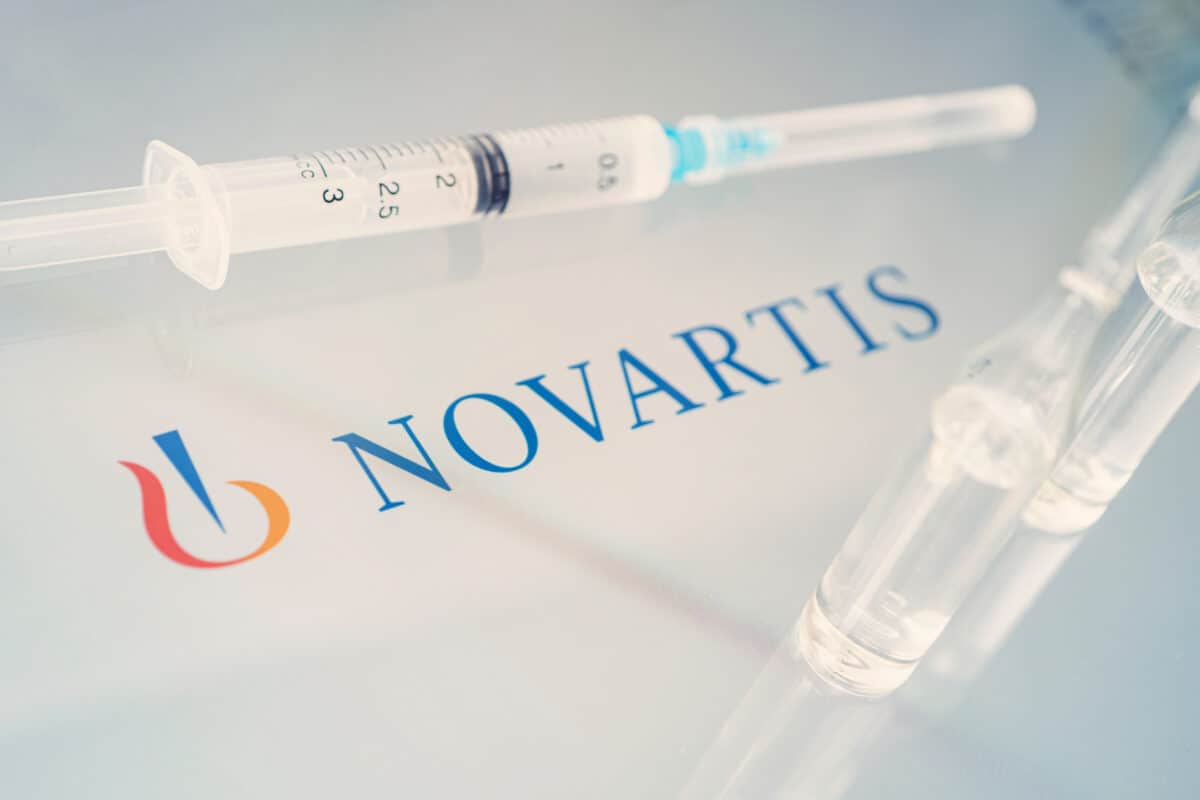
©diy13/Shutterstock.com
This is one of the largest biotechnology companies in the world, with a market capitalization of over $160 billion. It focuses on products aimed at treating cancer and other diseases, but they also have a number of other areas of focus.
Novartis produces clozapine (Clozaril), deferasirox (Exjade), terbinafine (Lamisil), methylphenidate (Ritalin; production ceased 2020), letrozole (Femara), cyclosporine (Neoral/Sandimmune), imatinib mesylate (Gleevec/Glivec), valsartan (Diovan), carbamazepine (Tegretol), and diclofenac (Voltaren; sold to GlaxoSmithKline in a 2015 agreement).
Novartis’ home base is in Basel, Switzerland, but it also has offices in several other countries. It has more than 110,000 employees across its various divisions, with research centers located all over the world.
The company’s global research operations, known as “Novartis Institutes for BioMedical Research (NIBR),” are headquartered in Cambridge, Massachusetts, USA. The Novartis Institute for Tropical Diseases works on tuberculosis, dengue fever, and malaria, and the Novartis Vaccines Institute for Global Health works on salmonella Typhi (typhoid fever) and shigella, which are both located within NIBR.
In addition, Novartis participates in publically sponsored collaborative research projects with other industrial and academic partners. The InnoMed PredTox project is one example of a non-clinical safety assessment. The company is increasing its efforts in cooperative research initiatives funded by the EFPIA and the European Commission’s Innovative Medicines Initiative.
#9. AstraZeneca – USD 172.47 billion
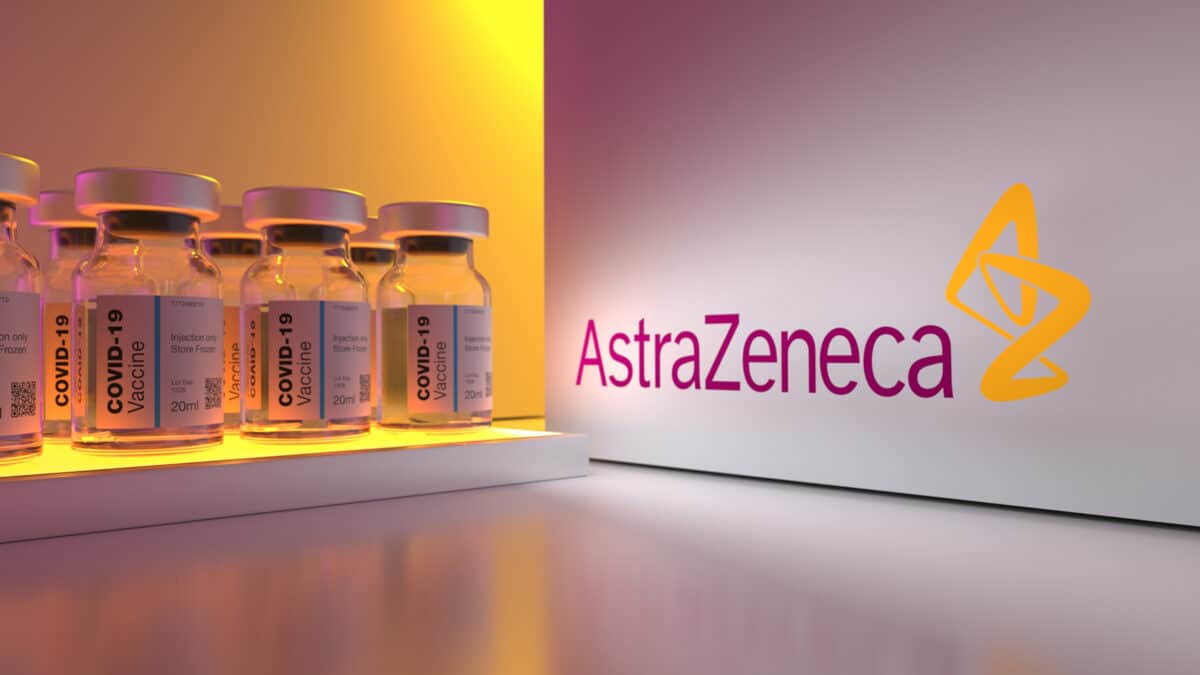
©Dimitris Barletis/Shutterstock.com
This is a multinational pharmaceutical and healthcare company. The Swedish Astra AB and the British Zeneca Group merged in 1999 to create AstraZeneca.
It has been one of the largest pharmaceutical firms in the world since the merger and has completed a number of business acquisitions, including Cambridge Antibody Technology in 2006, MedImmune in 2007, Spirogen in 2013, and Definiens (by MedImmune in 2014). It concentrates its research and development in three strategic locations: Cambridge, England; Gothenburg, Sweden; and Gaithersburg, Maryland, USA.
AstraZeneca is a part of the FTSE 100 Index and has its primary listing on the London Stock Exchange. The company has operations in more than 100 countries around the globe. In addition, it has offices in the United States, Canada, Mexico, Europe, and Asia-Pacific regions.
AstraZeneca develops drugs that are used to treat diseases such as cancer, hypertension, anemia, macular degeneration, cardiovascular disease, diabetes, and autoimmune diseases like multiple sclerosis. It also specializes in vaccines and diagnostic tools for infectious diseases like HIV/AIDS and hepatitis B.
#8. Thermo Fisher Scientific – USD 214.02 billion
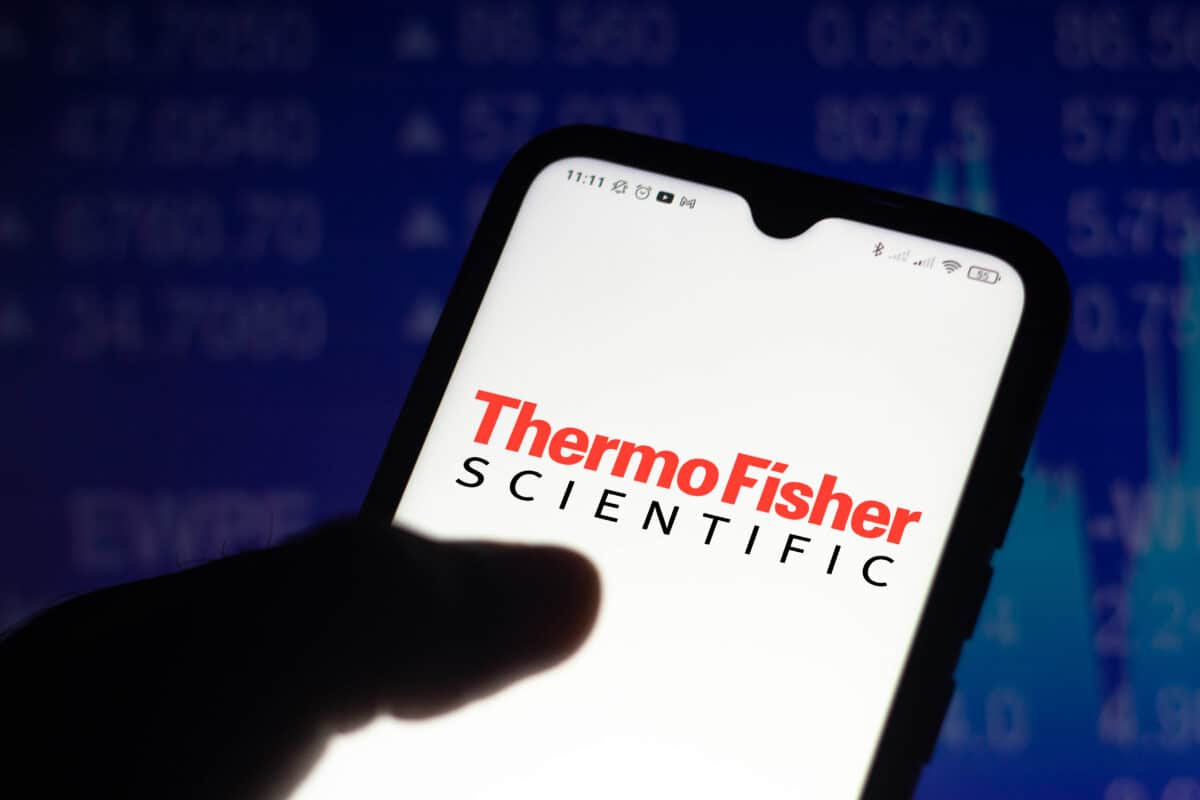
©rafapress/Shutterstock.com
This American multinational corporation is headquartered in Massachusetts. Thermo Fisher Scientific has a wide variety of subsidiaries with different focuses and can be categorized into the following sectors: life sciences, diagnostics, and applied technologies.
Moreover, the company’s main products include analytical instruments, test kits, reagents and kits, instrumentation systems and services, software solutions, equipment maintenance and repair, and supplies for research laboratories and educational institutions (including microscopes and other scientific equipment).
Thermo Fisher Scientific focuses on providing biotechnology products and services to customers worldwide through its direct sales force, independent distributors, distributors’ representatives, and distributors’ agents worldwide.
The company also manufactures products under its names, such as Cytochrome P450 enzyme kits (for cancer detection), DNA barcodes (for identifying organisms), antifreeze proteins used in cryopreservation of embryos before transfer into recipients’ wombs for assisted reproduction purposes, and many more.
#7. Merck – USD 223.91 billion
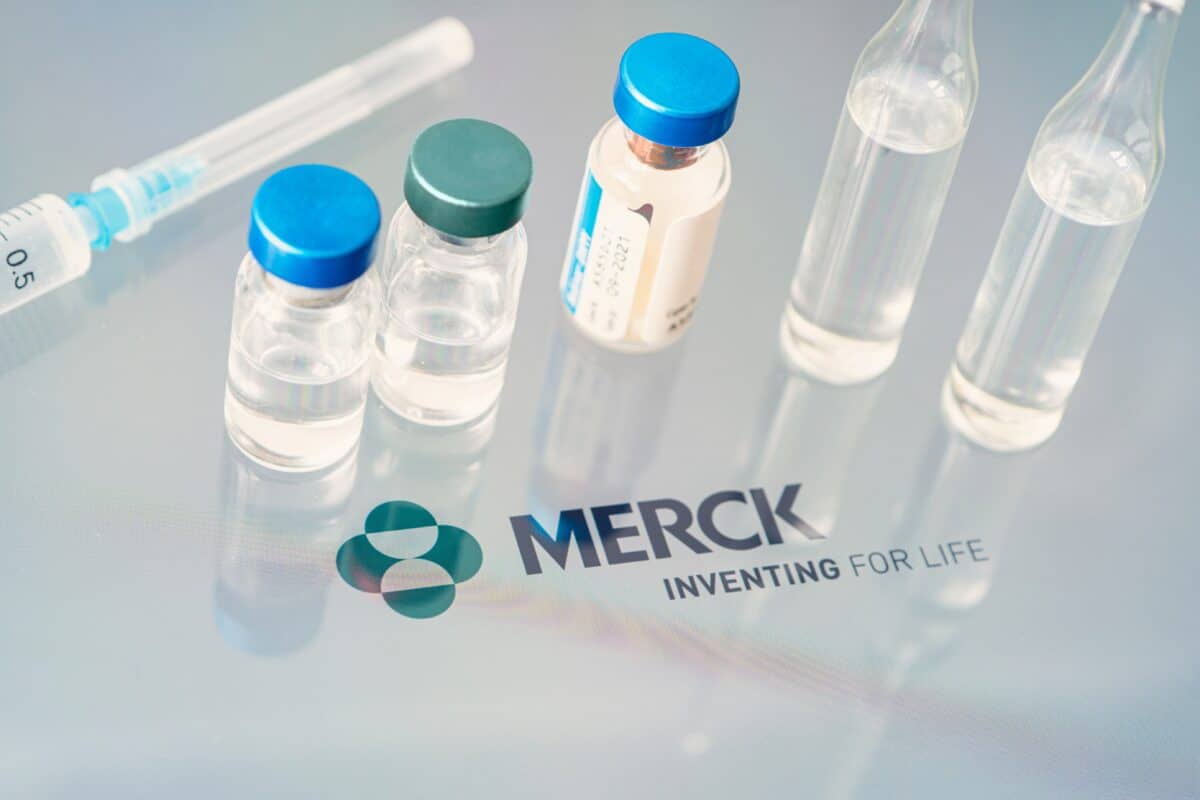
©diy13/Shutterstock.com
This is one of the largest biotechnology companies in the world. The Marck family set up Merck Group in 1891 as a pharmaceutical company, which has since diversified into other areas of science, including pharmaceutical research and development, biosciences, health care services, and consumer health products. Merck operates in over 100 countries and employs around 68,000 people worldwide. The company’s headquarters are located in Rahway, New Jersey, U.S.
The company creates pharmaceuticals, vaccines, biological therapies, and animal health products. In 2020, the firm had six blockbuster medications, or pharmaceuticals, each with a revenue of more than $1 billion:
- Varivax, a varicella vaccine used to protect against chickenpox with $1.9 billion in revenue;
- Gardasil, an HPV vaccine with $3.9 billion in revenue;
- Januvia (sitagliptin), an anti-diabetic medication used to treat type 2 diabetes with $5.3 billion in revenue;
- Keytruda (pembrolizumab), a humanized antibody used in cancer immunotherapy with $14.3 billion in 2020 revenue.
Other notable goods offered by the business
- Isentress (raltegravir), an antiretroviral drug used to treat HIV/AIDS, which generated $857 million in 2020 revenue;
- Simponi (golimumab), a human monoclonal antibody used as an immunosuppressive drug, which generated $838 million in 2020 revenue;
- RotaTeq, a rotavirus vaccine, which generated $797 million in 2020 revenue,
- Lynparza (olaparib), a drug for the maintenance treatment of BRCA-mutated advanced ovarian cancer in adults, which had $797 million in 2020 revenue.
#6. Novo Nordisk – USD 239.86 billion
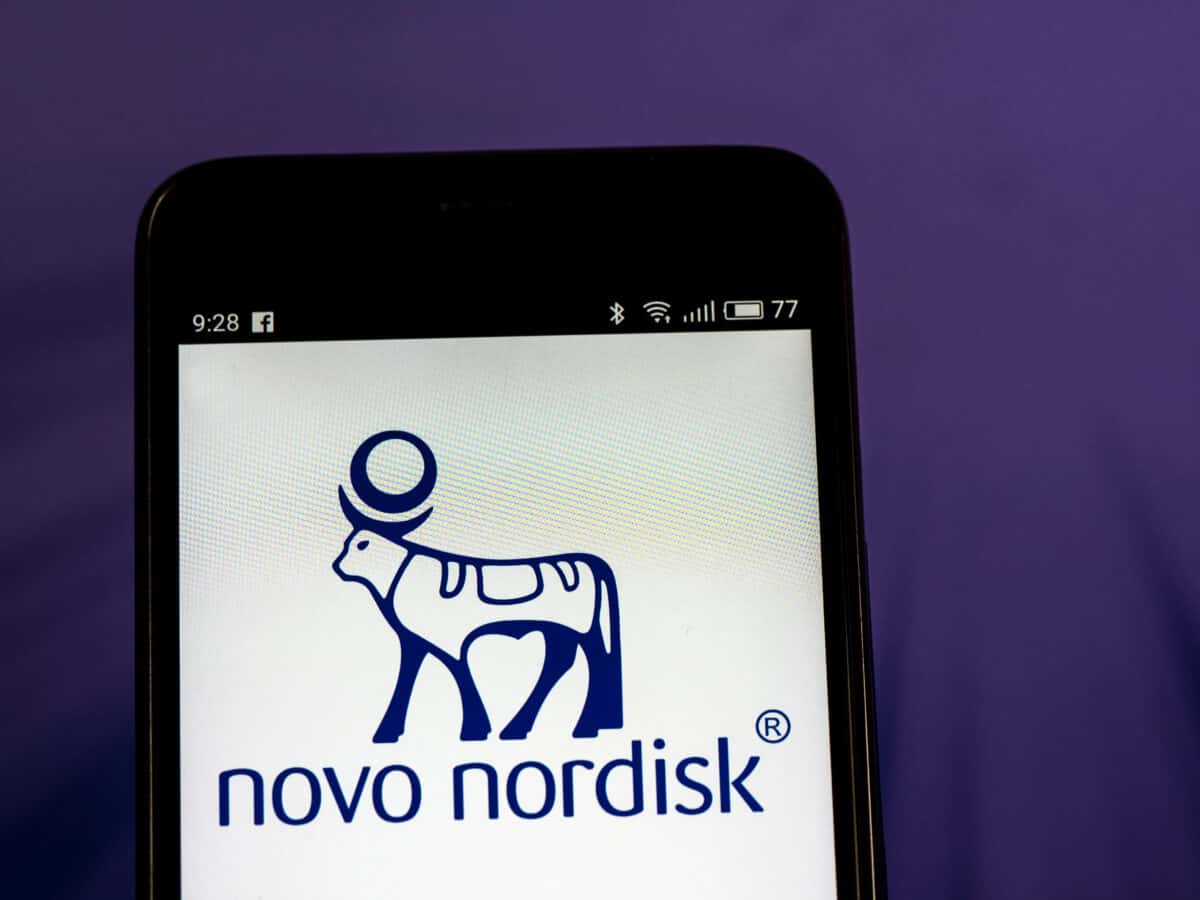
©IgorGolovniov/Shutterstock.com
This is a multinational pharmaceutical corporation based in Denmark. Novo Nordisk manufactures insulin and other injectable drugs for diabetes patients through its own facilities (in Denmark) or through contracts with other manufacturers around the world.
The company also sells branded diabetes management products such as meters, test strips, lancets, syringes, and blood glucose monitoring systems to doctors’ offices around the world.
Hans Christian Hagedorn founded Novo Nordisk in 1923 and it has since grown into one of the world’s largest biotechnology companies. It has a presence in over 168 countries worldwide and employs more than 48,000 people worldwide. Interestingly, diabetes therapies make up almost 85% of Novo Nordisk’s revenue. In addition, the company collaborates with doctors, nurses, and patients to create products for the self-management of diabetes.
#5. Pfizer – USD 247.61 billion
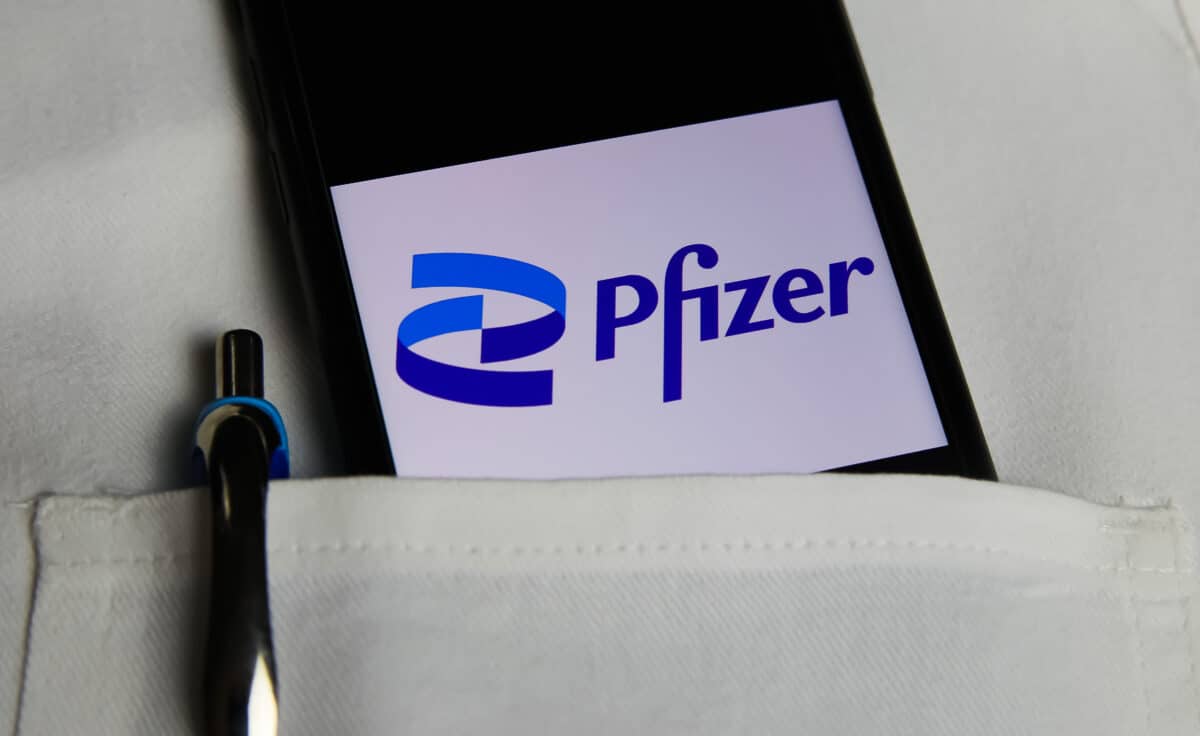
©Ralf Liebhold/Shutterstock.com
This is a global pharmaceutical company that provides more than 300 medicines in over 100 countries. Charles Pfizer and his cousin Charles F. Erhart founded Pfizer in New York City in 1849.
The company develops and manufactures immunology, oncology, cardiology, endocrinology, and neurology drugs and vaccines. The corporation also has numerous blockbuster medications, or treatments, with annual revenues exceeding $1 billion. In 2020, the United States accounted for 52% of the company’s revenue, while China and Japan accounted for 6% and 36%, respectively.
Pfizer has had significant success in expanding its product line and developing new drugs for different types of diseases. It has also been involved in the development of Viagra, Zoloft, and Lipitor statins. In response to the COVID-19 pandemic, the company developed and commercialized various products, including the Pfizer-BioNTech COVID-19 vaccine and Paxlovi.
#4. AbbVie – USD 253.42 billion
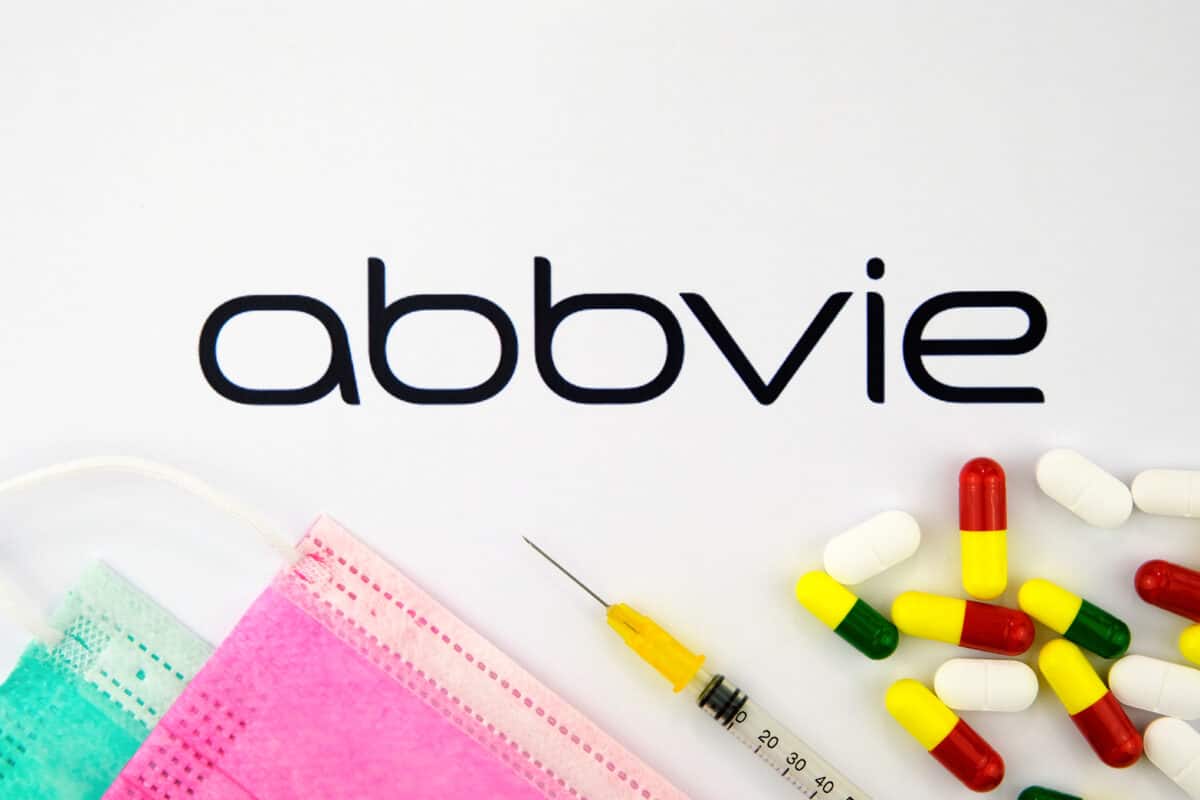
©Ascannio/Shutterstock.com
This is a publicly traded biopharmaceutical firm based in the United States. AbbVie was founded in Chicago in 2003 and has since grown into a global leader in developing and commercializing innovative therapies for patients with cancer and other life-threatening diseases.
The company’s mission is to improve health through its research in immunology and oncology. Its main focus areas include vaccines against infectious diseases such as the Ebola virus disease (EVD) and hepatitis C, cancer drugs for advanced cancers including melanoma and glioblastoma multiforme, as well as therapies for inflammatory diseases such as ulcerative colitis (UC), Crohn’s disease (CD), psoriatic arthritis (PsA), and rheumatoid arthritis (RA).
AbbVie markets multiple products under its own name or various brand names, including Humira (for rheumatoid arthritis), Imfinzi (for PsA), Synribo (for CD), Victrelis (for RA), and Soltuzumab (for UC). AbbVie employs approximately 50,000 people worldwide.
#3. Roche – USD 271.99 billion
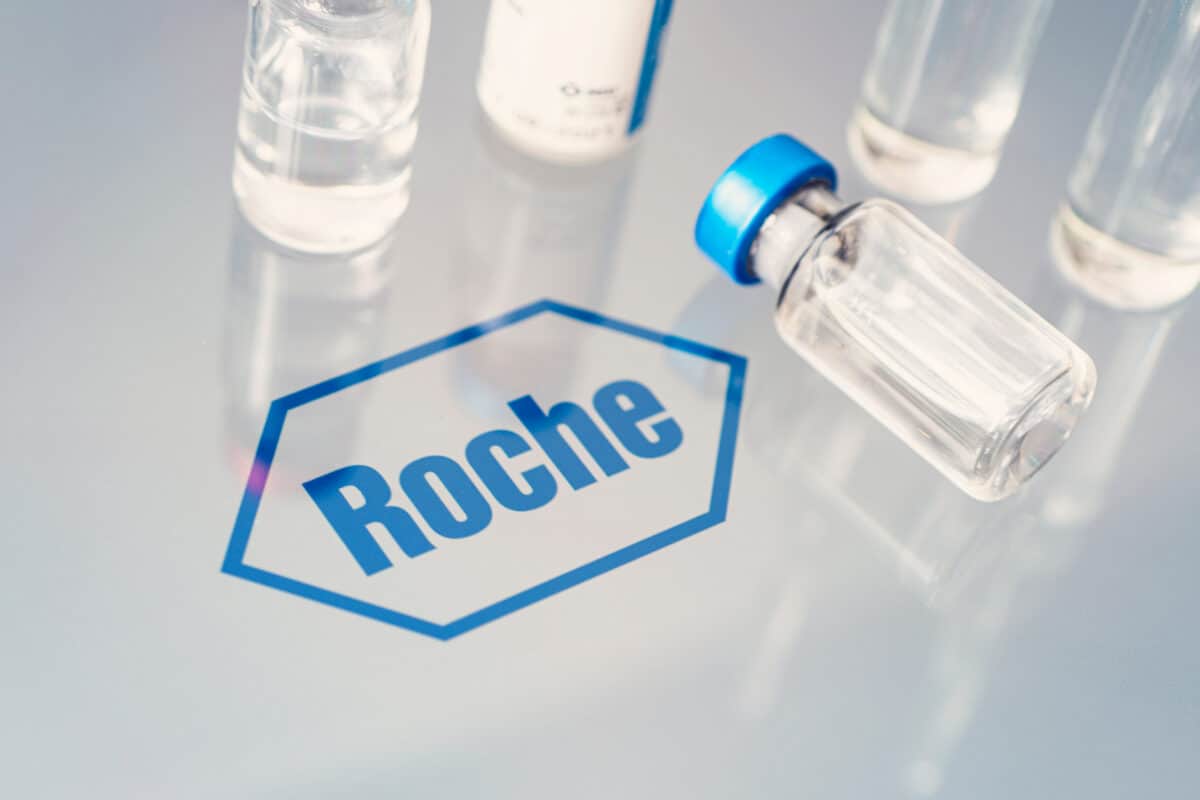
©diy13/Shutterstock.com
Founded in 1896 by Fritz Hoffmann-La Roche, the company is headquartered in Basel, Switzerland. It is the third-largest Biotechnology company by market capitalization. Roche is also a world leader in the diagnosis and treatment of cancer and other chronic diseases.
Its products include innovative molecular diagnostics that improve clinical practice and decision-making. Additionally, the company is involved in drug discovery and development, early-phase research, new drug evaluation, novel approaches to pharmacovigilance, health economics, pharmacoeconomics, and risk management consulting services.
The company’s major focus areas are pharmaceuticals and diagnostics, with over 75% of its revenue coming from these areas. The company is also known for its development of genetic testing and diagnostics products, which it sells through its subsidiary.
Roche Diagnostics
Roche’s subsidiary creates diagnostic equipment and reagents for use in research and medical diagnostics. Namely, Roche Tissue Diagnostics, Roche Molecular Diagnostics, Roche Diabetes Care, Roche Professional Diagnostics, and Roche Applied Science are the five key business sectors within the company (Ventana).
Except for Roche Applied Science, all business segments focus on healthcare applications, addressing physicians, hospitals and clinics, or consumers. Applied Science focuses on academic research and pharmaceutical and biotechnology businesses.
#2. Eli Lilly and Company – USD 317.01 billion
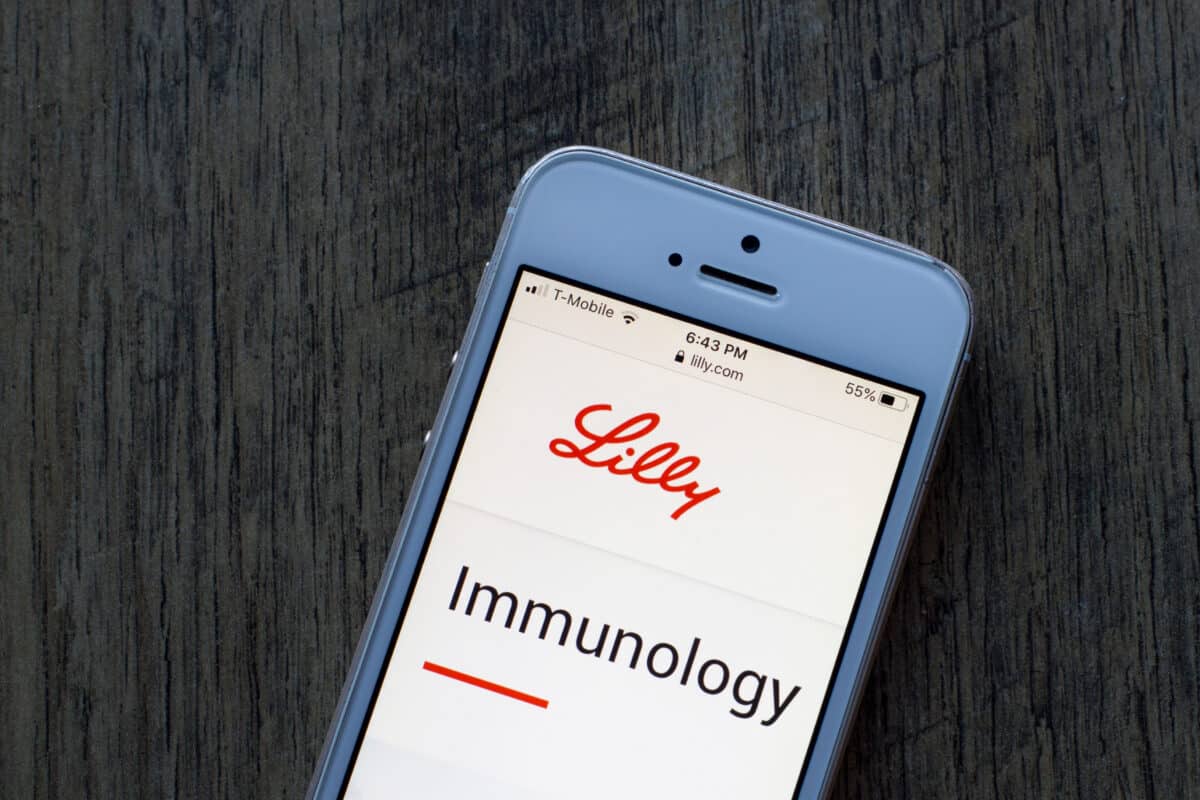
©Tada Images/Shutterstock.com
This is a pharmaceutical company that manufactures and distributes pharmaceutical products. Eli Lilly was founded in 1876 and is based in Indianapolis, IN. In addition, the company has over 33000 employees worldwide.
The company focuses on researching new treatments and cures for diseases, which they do through various research programs. These include the discovery of new drugs, such as those used to treat cancer or diabetes, discovering new methods of using existing drugs, researching how diseases develop and progress, and developing vaccines against infectious diseases.
The company has also made many discoveries over the years that have helped make life easier for millions of people with diabetes around the globe—including Humalog (which is still on the market today). Although its main sources of income are the diabetes medications Humalog (insulin lispro) and Trulicity (dulaglutide), Lilly is famous for its clinical depression treatments Prozac (fluoxetine), Cymbalta (duloxetine) and Zyprexa (olanzapine).
Among Lilly’s accomplishments is becoming the first business to mass-produce both the Jonas Salk-developed polio vaccine and insulin. It was also one of the first pharmaceutical businesses to use recombinant DNA to generate human insulin, including Humulin (insulin medicine), Humalog (insulin lispro), and Basaglar approval (insulin glargine).
#1. Johnson & Johnson – USD 434.10 billion
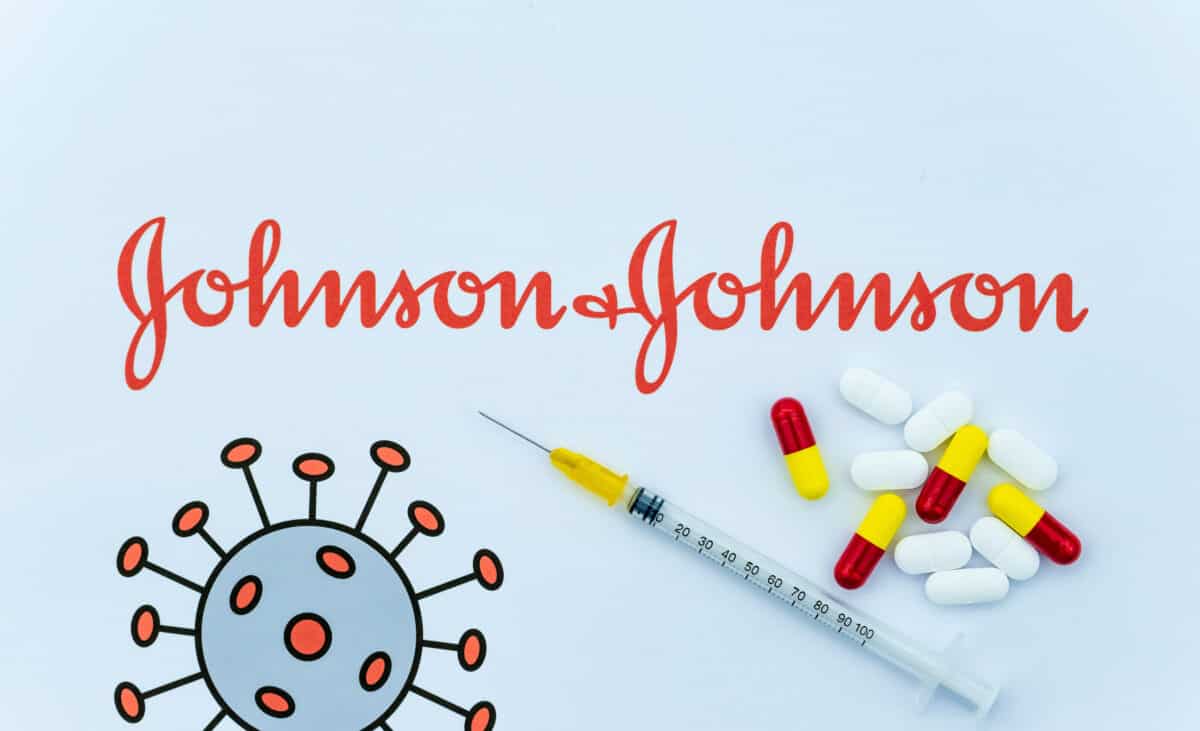
©Ascannio/Shutterstock.com
This is the largest biotechnology company in the world, with a market capitalization of 434.10 billion. It was founded in 1886 by three brothers: James Wood Johnson, Edward Mead Johnson, and Robert Wood Johnson.
The company started off as a maker of bandages but soon expanded into other products like baby powder and pharmaceuticals. They have over 200 brands with a presence in over 60 countries. The company’s main headquarters are located in New Brunswick, New Jersey.
Main Divisions
The company has three main divisions.
- Pharmaceuticals: This division offers prescription drugs, over-the-counter medicines, vaccines, and infant nutrition products.
- Medical Devices: This division develops medical devices used in hospitals and doctor’s offices to diagnose illnesses or treat injuries.
- Consumer Brands: This division markets well-known brands such as Band-Aid, Neutrogena, and Head & Shoulders.
Iconic brands
The company is known for its iconic brands like Listerine antiseptic mouthwash, Tylenol pain reliever, Bengay muscle relaxant, Flexeril skeletal muscle relaxant, Zyrtec allergy medication, Prevacid heartburn relief drug, Aspirin nonsteroidal anti-inflammatory drug, Advil analgesic fever reducer, and many more.
Over the years, Johnson & Johnson has faced several lawsuits concerning their products’ effect on people. Despite these setbacks, the company has forged on strongly and developed some life-changing treatments, the latest being the COVID-19 vaccine. Johnson & Johnson and its subsidiaries work with the public and private sectors to encourage research and development, university financing, event sponsorship, philanthropy, and political lobbying.
Summary of The 10 Largest Biotechnology Companies in The World
| Rank | Market Capitalization (2022) |
|---|---|
| 1 | Johnson & Johnson – $434.10 Billion |
| 2 | Eli Lilly – $317.01 Billion |
| 3 | Roche – $271.99 Billion |
| 4 | AbbVie – $253.42 Billion |
| 5 | Pfizer – $247.61 Billion |
| 6 | Novo Nordisk – $239.86 Billion |
| 7 | Merck – $223.91 Billion |
| 8 | Thermo Fisher Scientific – $214.02 Billion |
| 9 | AstraZeneca – $172.47 Billion |
| 10 | Novartis – $167.37 Billion |
UP Next
- The 10 Largest Virtual Reality Companies in the World and What They Do: They are dedicated to bringing the public new, exciting experiences with virtual reality. Here are the biggest of them on the globe.
- The 10 Largest Video Game Companies In The World, And What They Do: The video game sector is one of the most remunerative on the entire planet. And last year a select group of companies in the industry bagged an astounding $126 billion. We reveal who they are and what they specialize in.
- The 10 Largest Telehealth Companies In The World, And What They Do: They’ve been around for half a century and experienced rapid growth during the pandemic. And right now, it seems they’re here to